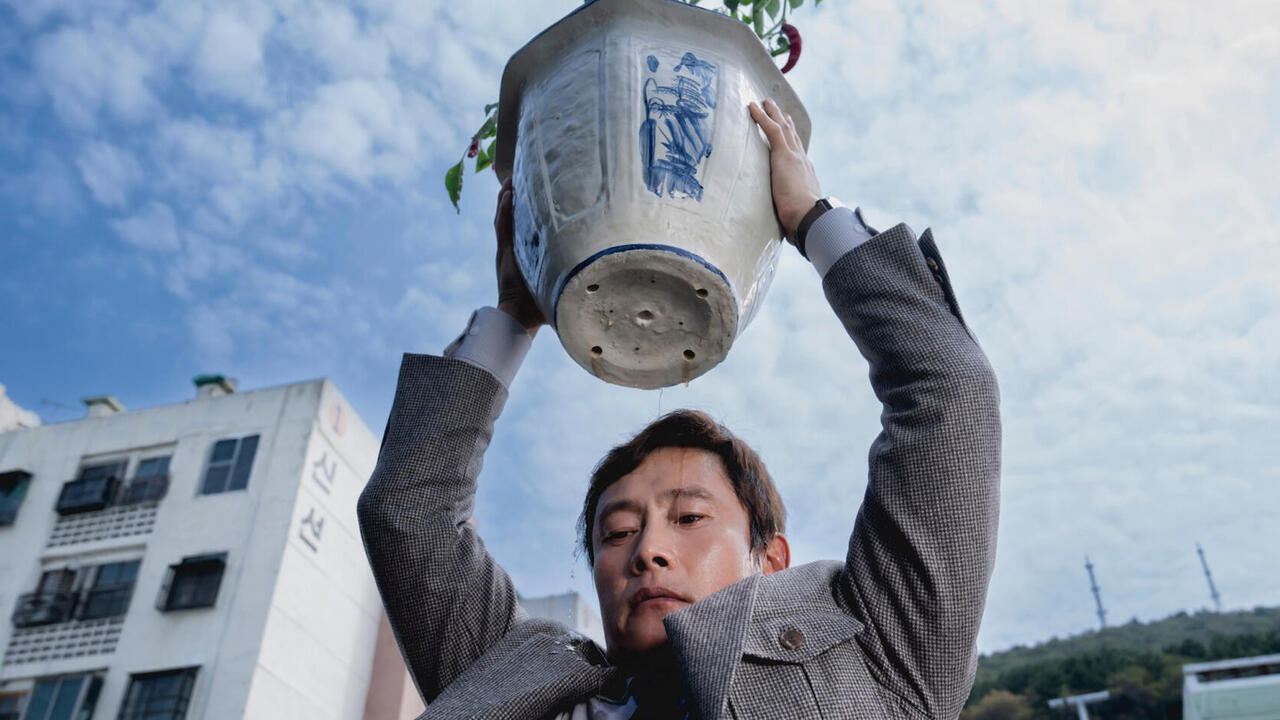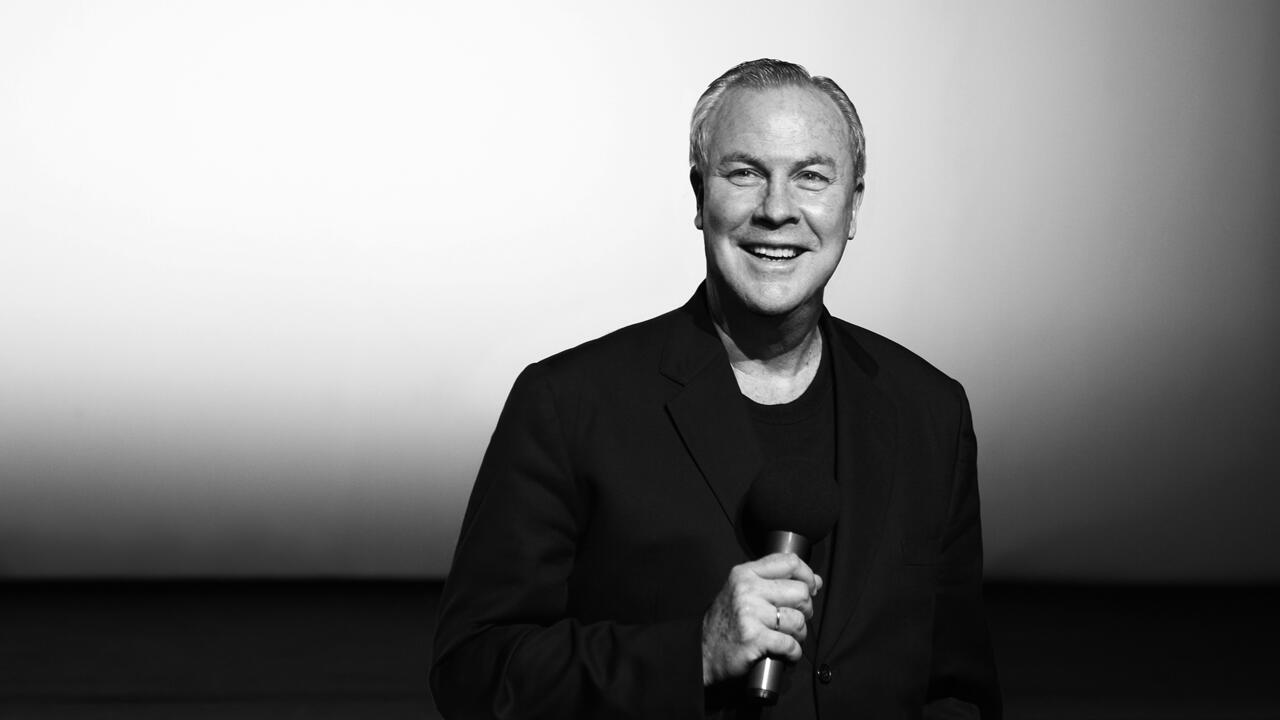Has a Decade of Whistleblower Revelations Changed Anything?
From Chelsea Manning to Edward Snowden to the Trump–Russia dossier, public outcry has soon reverted to business as usual
From Chelsea Manning to Edward Snowden to the Trump–Russia dossier, public outcry has soon reverted to business as usual

Happy birthday, Chelsea Manning. At the time of writing – Tuesday, December 17th, 2019 – the American intelligence analyst turned whistleblower and activist turned 32 years old in Alexandria Detention Center, Virginia. She has been held there on and off since March (continuously since May) for declining to testify before the grand jury investigating the founder of WikiLeaks, Julian Assange. Manning has twice refused, stating that she ‘believe[s] this grand jury seeks to undermine the integrity of public discourse with the aim of punishing those who expose any serious, ongoing, and systemic abuses of power by this government’.*
Manning was first arrested in May 2010, having released of hundreds of thousands of U.S. diplomatic cables, videos and classified army reports through WikiLeaks, and has consequently spent all but a brief couple of years of the past decade in prison. Her tenacity and heroism in speaking truth to power in the public realm inaugurated a decade in which the global political narrative has been powerfully shaped by whistleblowers and leaks, operating across the new instruments of information warfare. The other great whistleblower of the 2010s, Edward Snowden, altered the rules of the game by releasing a trove of US National Security Agency documents that confirmed what had long been suspected: mass state surveillance in the name of national security was the new normal on both sides of the Atlantic – the flip-side of our ubiquitous communication channels. Information security is a war on entropy: wherever there is communication and organization, whether between machines or individuals, there are ways for conversations to leave the room. Snowden’s leaks transformed our understanding of what constitutes the private and public sphere. As an individual with privileged information who divulges it in the name of the public good, the whistleblower’s heroic transgression transforms them from a ‘concerned citizen’ into an ‘enemy of the state’ – the same state that ubiquitously surveils its subjects in order to protect them from the enemy within. Where, along this political möbius strip, is the public of which we speak?

If whistleblowers and leaks release entropy into cultural information system, what began as an occasional outburst – of revelation, righteous outrage and political recrimination – has become steady, if volatile, background noise. This was the decade of the Panama Papers, Cambridge Analytica and the Christopher Steele’s Trump–Russia Dossier: landmark revelations that got buried as quickly as they emerged under digested feeds of newly matured leaks, by whistleblowers who were themselves increasingly PR savvy about their big story. The media falls endlessly forwards, like some drunken angel of history, into the next crisis. Indeed, the post-Trumpian PR strategy has effectively been to filibuster the media with more tweets, leaks and outrages than the newscycle can handle. The president reportedly broke his own record last Thursday, tweeting 115 times on the eve of the House judiciary committee’s vote to approve articles of impeachment against him in relation to leaked exchanges with the Ukrainian president. ‘Abuse of power comes as no surprise’, as Jenny Holzer had it, is emblazoned across graphic tees with a knowing cynicism that reflects our apparent incapacity to imagine systemic change. To borrow a phrase from anthropologist and cybernetician Gregory Bateson, it has become harder and harder to tell what difference makes a difference: which new information, at this stage, would take our political-economic system into a new frame of decision and analysis? Not long ago, a friend recalled how the drone attack on Saudi oil refineries by Yemeni Houthi rebels in September 2019 produced a momentary endorphin high – a little neurochemical reward for a piece of information whose geopolitical ramifications would last beyond the end of the day.

This year also saw the resignation of Joi Ito, director of the MIT Media Lab – the legendary technological research institution recently heralded by 60 Minutes as a ‘future factory’ – over revelations that he covertly accepted large donations from pedophile-philanthropist Jeffrey Epstein while publicly leading an ethics initiative. While only a minor blip on the wider public radar, the downfall of Ito felt like a season finale to this volume of the Silicon Valley Story: he was perhaps the last hero of the Dotcom era who still claimed to be one of the ‘good guys’, who could sit down for a fireside chat with Obama about the future of tech. However superficial this hope turned to be, the San Francisco skyline has rarely looked bleaker. In many respects, the industries of contemporary art and that of technology exhibit a formal symmetry in that they share a speculative methodology (churning out new ideas about the world) as well as an abstract conviction in the good they are doing, which often overshadows questions over where the money is coming from. Is it still whistleblowing if the secrets are widely known but almost never publicly acknowledged? Closer to home, we’ve seen artists and activists put their professional lives on the line to speak out against the moral abuses and hypocrisies of those who bankroll our industry – including Warren Kanders, Yana Peel and the Sackler Family (and that was just 2019). One hopes that these revelations and those that follow unfurl like a forest fire rather than a flood, leading to constructive change and systemic reflection as well as a long-overdue purge. The more realistic outcome, of course, is a tentative return to business as usual, while crisis-management PR firms await a new era of opportunity. If a decade of whistleblowers has taught us anything, it is to embrace complexity at a systemic scale; things are only going to get more complicated.
* Tom Jackman ‘Chelsea Manning Ordered Back to Jail after Again Refusing to Testify in WikiLeaks Case’. Washington Post. May 16, 2019. https://www.washingtonpost.com/local/public-safety/chelsea-manning-ordered-back-to-jail-after-again-refusing-to-testify-in-wikileaks-case/2019/05/16/c0e169b2-775c-11e9-b3f5-5673edf2d127_story.html.
Main Image: Heather Dewey-Hagborg and Chelsea E. Manning, installation view, Transmediale 'A Becoming Resemblance', 2018; photograph: Luca Girardini
























